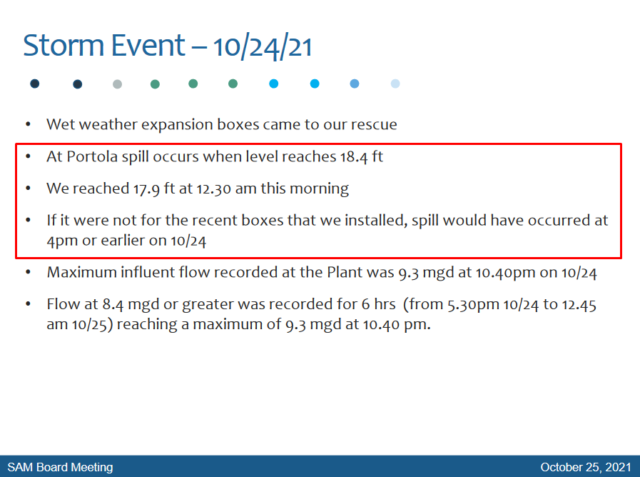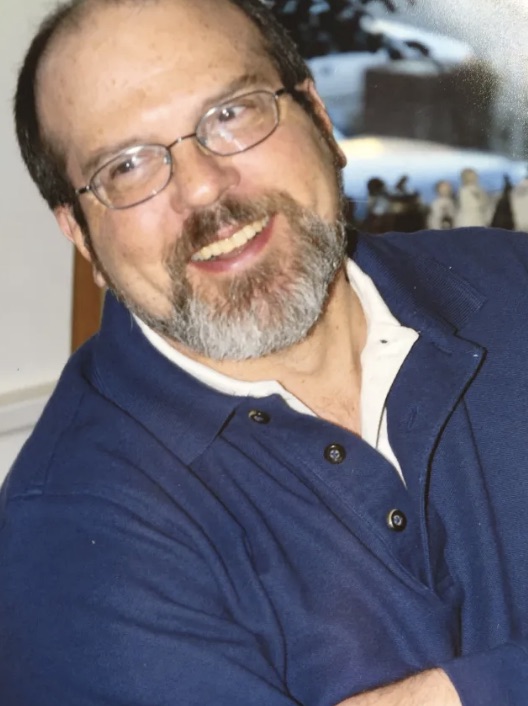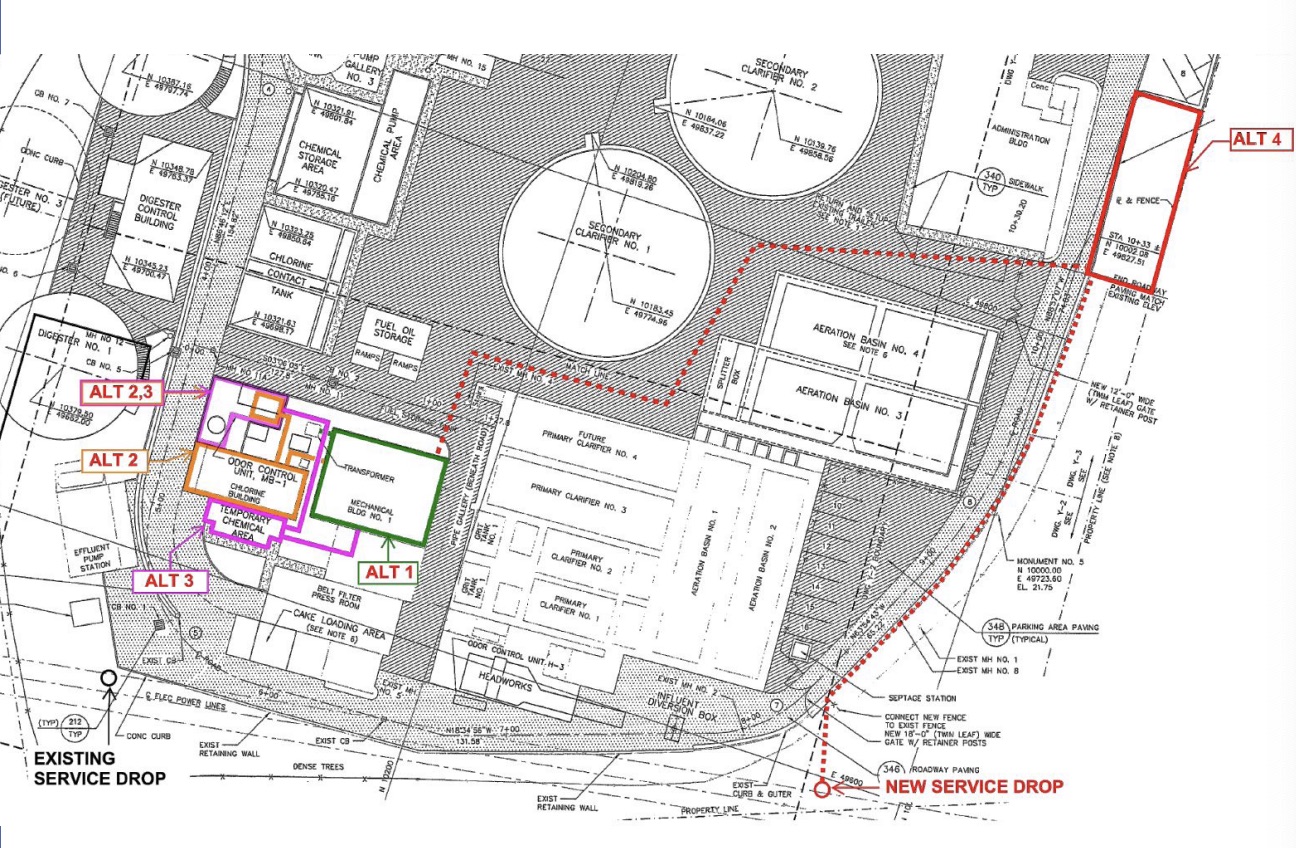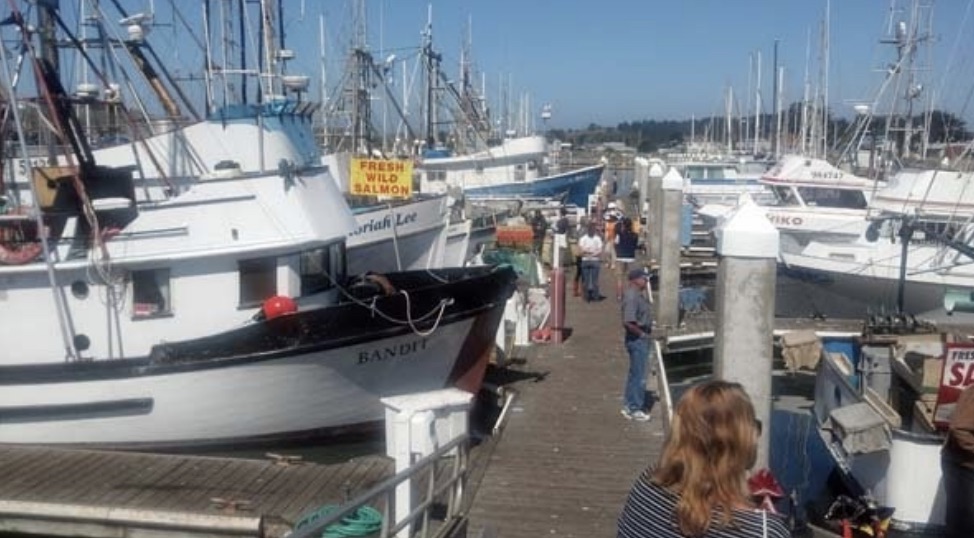|
Getting your Trinity Audio player ready...
|
OWN VOICE. ~ InPerspective by Gregg Dieguez —
You’ve heard me say “We get the Government we deserve.” Well, it seems like a good time to fix a few things. Here are some things We (You) can do.
Footnotes: to use, click the bracketed number and then click your browser Back button to return to the text where you were reading.
Images: Click to enlarge for improved readability in a new window.
Let’s not call it Corruption, at least not yet. Let’s call it a ‘consistent bias’ against the well-being of voter/residents and in favor of things that benefit people with more money. But it’s gotten more obvious to me. Why are we being asked to conserve water when we’re allowing new connections for large development projects and homes for the wealthy? Why do we continue to undermine everyone’s water and sewer and fire security with more population and denser housing? The answers include the overwhelming sense of empathy and responsibility among most of us – we conserve because “it’s the right thing to do”, and we realize our economy puts profits over people, so we strive for more fairness. But we’re making some people rich and undermining our own well-being. Somehow, the web of laws and regulations written by our elected officials seem to be biased in favor of those who make the biggest campaign contributions (e.g. real estate and financial services) and not in favor of the majority of people who live in our state, our county, and our locality.
There are some things we can do:
1. Elect new leadership
2. Get regulators involved in broken local agencies
3. Define and ensure accountability
4. Pass statewide constitutional amendments
There IS a new statewide initiative petition coming which deserves your immediate attention; I’ll cover that last. If you want to read about it first, click item #4 above and jump to it.
1. Elect new leadership
If you look closely, you’ll discover that many cities, towns, and local agencies have board members that are over 70 years old. Congratulations for making it that far, and thanks for your service! But they won’t last forever. On the MCC on which I serve, it would seem that new seats will open up, because running for a new 4 year term next election would mean those devoted citizens will be 80 by the time that next term would complete. And I believe the same thing is true in our Water and Sewer and Fire Boards and City and Town Councils. But there’s something critical needed: new CANDIDATES. I’ve encouraged several competent people to run for the in the near future. New blood is needed. And if you don’t provide it, the real estate industry will, just like they did in Pacifica when they packed the city council with real estate-sponsored members. In fact, you might be wise to form a ‘ticket’ of like-minded people to clarify the contrast between your positions and those of the real estate crowd. And while we’re at it, let’s get candidates for office to respond in writing to a list of Coastside issues – which you can help tailor.
2. Involve Regulators
Its too late for the last Grand Jury and too soon for the next one, but there are some serious management problems that need to be fixed, and maybe (if we prod them) regulators can help. I speak first of two sewer disasters.
The first is the 3 million gallon sewer spill in Pacifica and how that single small town has created 49.66% of ALL sewer spills in San Mateo County in the past 5 years. (Plus, a spill reported at 7 million gallons in 2008!) How can they be allowed to keep operating under current management? The correct answer is: they should not, not in any rational society.[1] So why don’t we write the Bay Area chapter of the State Water Resources Control Board and say:
A. Appoint, at Pacifica’s expense, a special master to run that sewer authority until it is fixed.
B. Cease all new sewer connections in Pacifica until capacity and cleanliness are certified by outside experts, at Pacifica’s expense.
C. Conduct an independent review of that sewer system, and local climatology and hydrology, and create design and cost alternatives. Throw in recycled water and its costs as an alternative. The regulators, and not the City, to define the scope of that investigation and to hire the nationally reputable firm to conduct the study and define the alternatives.
D. Let voters in Pacifica decide which of the approved alternatives to support and fund, and what the costs to new joiners should be if any extra capacity is allowed.
The second sewer issue is a bit more subtle. You may recall Half Moon Bay, since 2009, refused to fund required maintenance on the Intertie Pipeline System in the Sewer Authority Mid-coastside(SAM), which led to a ‘large’ spill (about one-eighth of the size of Pacifica’s recent disaster) in 2017, and fines, and required system improvements. Recently there has been a year or more of ‘process upsets’ at the SAM plant which have caused dozens of discharges at levels that violated their permit. SAM is facing $1 to 2 million of unexpected expenditures. And yet, Half Moon Bay has repeatedly voted against and delayed implementation of a Non-Domestic Wastewater Source Control Program (NDWSCP) which would better identify the high polluters and charge them for those costs (potentially including pre-treatment). Why is HMB, which launched an illegitimate lawsuit against its partner agencies to ‘save its ratepayers money’ NOT pursuing with the same vigor a program to recoup wasted monies for those same ratepayers? Are they afraid of what accurate pollution measurement might show? Enough is too much, already; why not ask the State Water Board to mandate the NDWSCP program, the ongoing measurement systems, and whatever pre-treatment is appropriate. This problem has been avoided and/or solved throughout the United States. Why can’t effective oversight override the intransigient HMB Board Members to correct a problem that is harming everyone, including HMB ratepayers? Asking for a friend….
The third issue is endemic, at water and sewer boards all over. Tonight, at the Montara Water and Sanitary District, the Board will vote to approve connection of a new property and accept their $79,500 mainline water extension into the system. Which means all MWSD ratepayers will be perpetually paying for the operation, maintenance, and eventual replenishment of that new asset. The same thing just happened with Big Wave, only the price tag was closer to $1 million. But notice the inconsistency: normal homeowners pay for their sewer lateral and must replace it if it fails. Why should large new joiners not have the same perpetual cost burden? Or, why aren’t new WATER system joiners with additional infrastructure requirements paying higher water rates to cover those expenses? Why doesn’t the District even conduct a financial analysis to determine the impact on ratepayers over the life of the new asset? And doesn’t the District write and enforce its own “laws” in the form of the Water Code they follow? So, in the interest of Fiduciary Responsibility to their ratepayers, why don’t they change the code? Asking for my constituents….
3. Define and Require Accountability
Accountability is something lacking in our entire society, from Pharma firms with killer drugs, to the FDA which approves and then fails to regulate them suitably, to fossil fuel firms who make trillions while poisoning our air, soil and water without being required to clean up (and… Plastics!). But in the case of our state and local governments, where we hopefully have a greater voice, why can’t we make Accountability a legal, enforceable requirement? We may not be able to fire or seize the pensions of officials who make decisions which end up harming us a decade later, but at least we can require auditing and remediation, and factor those costs into the decisions.
When a policy is instituted let’s require it to be costed out over a full lifecycle, of the assets or programs involved. Then, for the promised costs and benefits,….
1. Let’s require them to be independently audited, and fund that auditing as part of the policy/program costs.
2. Then let’s require remediation for shortfalls from promised outcomes.
3. And let’s require restitution for shortfalls that can’t be remediated.
4. And let’s have built-in “kill switches” which terminate the programs when the costs are too high or the benefits too low.
Presently a lot of programs are promises without measured progress and benefits; even measured costs are often only initial, and not perpetually monitored. In the case of HMB’s electrification program, not only is the evidence of benefit lacking (and believe me, I’ve asked), but there’s no audit mechanism for the cost/benefit and it’s raising the cost of housing at the same time the town is speechifying the need for more affordable housing (while building new hotels (SMH)). Why shouldn’t legislation be as accountable as the manager in any business is for their P&L? Asking for a taxpayer…
4. Pass statewide constitutional amendments
A lot of people are upset with the State passing SB 9 and 10, increasing population density and denying local communities any say in the solutions appropriate for their areas. Increasing population when the state is already fighting over water supply hurts everyone here. And mandating Soviet-style central government dictates for local solutions that evade environmental impact assessments rubs a lot of people the wrong way. I know I didn’t want to live in Miami Beach. In fact, I left San Carlos, CA because of the creeping Condominium Cancer I saw coming. Call me crazy, but I want open space, birds and bees and plants and trees. Other people want different things, but with home solar and batteries and electric cars and virtual jobs, it’s no longer clear that sharing a ventilation system in a dense housing complex during a Pandemic makes a lot of sense, or conserves greenhouse gases. I want the choice to decide.
And along comes a new statewide initiative petition which is informally titled “Our Neighborhood Voices”. It won’t fix every problem I see, but it’s a step in the right direction and I support putting it on the Nov. 2022 ballot. It will allow (with 3 exceptions[2]) cities and towns to pass and enforce their own zoning decisions which OVER-RIDE some state regulations. That won’t do any good unless you: a) can elect city/town/county council members who support what you want – or b) pass a local voter initiative, but it’s a start, and it could empower your voice and your vote in the direction you prefer. As I understand it, this amendment won’t stop the real-estate RHNA numbers, or require growth to fully pay for itself, but it’s some progress, and the vote will signal which way we want our state governed.
I am most interested in seeing how state voters feel about this concept of community definition. You want more Affordable Housing? SB 9 and 10 did NOTHING to help those; in fact of 70 housing bills passed by the State in the last few years, only 2 even MENTIONED affordable housing and only 1 funded anything. And why is 67% of Orange County housing investor-owned? Why isn’t there a requirement for Owner-Occupied? You want growth to pay for itself and bring its own water? Then vote that way. If this passes in 2022, then I can envision an even better statewide initiative to defend us from monied interests in 2024.
I’ll be putting up an ironing board at local post offices, and wherever allowed, to enlist your signature to put this on the ballot. If you’d like to help, let me know. If you don’t want it voted on, do nothing.
FOOTNOTES:
[1] Sewer Planning done Right:
SAM recently expanded the Wet Weather Storage in its IPS. That storage saved the district from a spill on the same date as Pacifica, but it was close.

[2] Exceptions to Local Zoning:
The bill will allow State laws to prevail in these instances:
- Coastal Act zones,
- Siting large power plants where a statewide concern exists,
- Construction of water, communication, or transportation infrastructure that addresses a statewide concern.
More From Gregg Dieguez ~ InPerspective
Mr. Dieguez is a native San Franciscan, longtime San Mateo County resident, and semi-retired entrepreneur who causes occasional controversy on the Coastside. He is a member of the MCC, but his opinions here are his own, and not those of the Council. In 2003 he co-founded MIT’s Clean Tech Program here in NorCal, which became MIT’s largest alumni speaker program. He lives in Montara. He loves a productive dialog in search of shared understanding.






